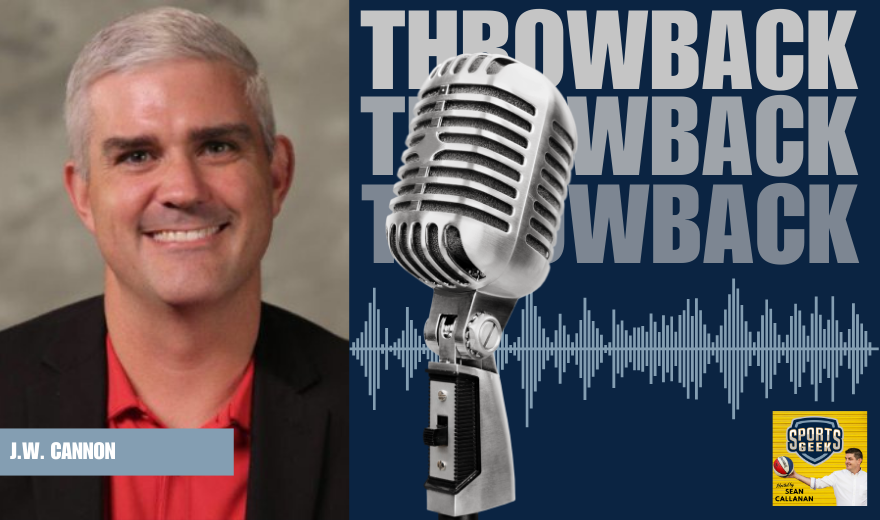This transcript has been lightly edited by AI
Sean: And so how has the sponsorship game changed over the years in your years in the business?
J.W.: You know, it sounds really cliché, but sponsorships are increasingly focused on the digital social experience for fans. Sponsorships need to move towards developing and bringing more content that is engaging and relevant to our consumers and the consumers of the properties we partner with. People always say social and digital, but those are mediums, and mediums require good content. That's key for me in the industry to continue to move forward.
Consumers are spending much less time in front of their televisions and more time in front of their tablets and phones. Digital spending increased 18% last year, while the overall spend rate increased much less. This means digital is getting a significantly larger portion of the overall advertising spend. Marketers are reducing their advertising budgets in other areas to fund more digital marketing initiatives. There are so many channels available to brands now compared to several years ago. Digital is truly a game-changer for our business as it provides a level of intimacy, personalization, and measurability in real-time that other mediums can't offer. This is something that has been critically missing from our industry.
Sean: Yeah. And that's the thing. Ten years ago, five years ago, teams didn't have these digital departments, this savviness, and the content production that they have now on the digital side. Now, it's a matter of how they weave in their sponsorship message, how they do things that hit the mark, and also make sure they hit the mark with the sponsor's audience. It's one thing to slap a logo on a piece of content that goes out to all of your fans, but if you as UPS or Bank of America want to hit a certain demographic, you have to have the flexibility from a digital team to make sure you're getting those results. Sponsorships are becoming far more results-focused than just “Hey, this is what our brand did. This is what it reached.” It's becoming more tracked and more lead-focused from a sponsorship point of view.
J.W.: Well, digital now is not a passing fling. It's mainstream. The mindset needs to be less about “digital marketing” and more about marketing in a digital world where digital is the default. That's a big change for people to digest. It's influencing how brands approach their investments. I haven't seen any recent campaign of any magnitude that hasn't included a significant digital component.
Sean: And you think also the customer experience and the rise of experiential activations, making sure the customer is at the heart of it and digital is there bridging it. That's where the really smart brands and the smart sponsorship activation, especially around the stadium, are focusing. It's still important to activate at the stadium, making sure the fans can feel and see and touch your brand. Experiential activations are the leading edge of what's happening in sponsorship.
J.W.: It is. I think it's a very important part of it. But you can err too much on the side of too much experiential. The key is defining a balance of getting something inherently physical that fans can participate in and that allows them to generate some of the content for you almost automatically. Experiential on a per-person basis can be really expensive. If it's not done right and doesn't have the right components to amplify that experience, it can be wasteful. While experiential is important, what's more important is getting it right to the point where people are spreading the word about it in a way that provides more value.

